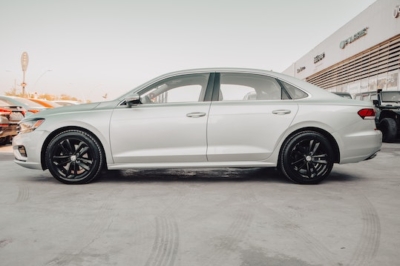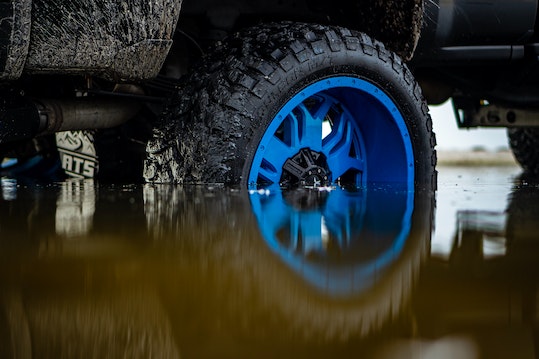- The Crucial Role of Tires in Your Vehicle’s Performance
It’s a common misconception that any tire is good enough for any season. This couldn’t be further from the truth. Tires are the only points of contact between your car and the road, and their type, quality, and condition can significantly affect your vehicle’s performance and safety.

- Introduction to Summer Tires
Popularly known as performance tires, summer tires are specially designed for optimum performance during warm weather. They are constructed with unique rubber compounds that remain flexible in hot conditions, improving traction and handling on both dry and wet roads.
- The Science Behind Summer Tires
Unlike all-season tires, which compromise between winter and summer performance, summer tires prioritize hot weather performance. Their tread patterns are designed to provide maximum road contact, allowing for improved acceleration, braking, and cornering capabilities. These tires also feature fewer sipes (small slits designed to improve traction in snowy or icy conditions), which means more rubber is in contact with the road, providing better grip and responsiveness.

- How Summer Tires Enhance Driving Performance
The significant advantage of summer tires is their superb road-gripping abilities. These tires offer greater traction and are more responsive to steering, leading to superior control and braking performance. Their sticky tread compound and aggressive tread designs make them the ideal choice for high-performance cars and drivers who seek excellent control and precision on the road.
- When to Use Summer Tires
Summer tires are designed to perform best in temperatures above 45°F (7°C). While these tires can handle a downpour, they are not suitable for winter weather conditions. The rubber compound in summer tires hardens in cold temperatures, decreasing traction and increasing braking distances.
- Prolonging the Life of Your Summer Tires
Proper care and maintenance can significantly prolong the life of your summer tires. It’s essential to maintain proper tire pressure, regularly check for wear and tear, and rotate your tires periodically to ensure even wear. Avoid driving in winter conditions, as the cold weather can cause the rubber to crack and deteriorate.

- Choosing the Right Summer Tires for Your Vehicle
When it comes to selecting the perfect summer tires for your vehicle, consider your driving style, the type of car you drive, and your local climate. If you frequently drive at high speeds or own a performance car, high-performance or ultra-high-performance summer tires may be your best bet.
- The Environmental Impact of Summer Tires
While the primary purpose of summer tires is to improve performance and safety, they also have an environmental impact. Their increased road grip and decreased rolling resistance can improve fuel efficiency, thereby reducing CO2 emissions. It’s a small step towards eco-conscious driving that adds up over time.

- Top Summer Tire Brands to Consider
When it comes to high-quality summer tires, brands like Michelin, Bridgestone, Goodyear, and Pirelli consistently receive high marks. These manufacturers offer a range of summer tires to suit different driving styles and budgets, ensuring that you can find the perfect set for your vehicle.
- Common Misconceptions About Summer Tires
One common misconception is that summer tires are only for sports cars. While they are indeed a popular choice for performance vehicles, summer tires can improve the driving experience of any vehicle in warm weather. Another myth is that all-season tires are equally effective in summer. Although all-season tires can provide decent performance year-round, they can’t match the grip, handling, and precision of summer tires

